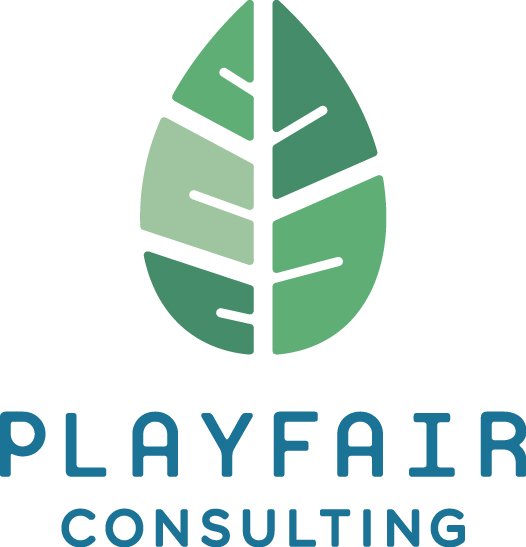Do you “analyze” everyone you meet?
2022 Update
I’ve been updating some of my most popular blogs with new thoughts, now that I’m 10 years and three kids into my life as a therapist.
Truth? I do often “analyze” people I meet but it’s usually in the service of finding compassion for others when in difficult situations. I try to look for where people are struggling and give them grace in those moments. I don’t tend to label people with diagnoses, but I do notice when they seem anxious, depressed, or otherwise distressed. I ESPECIALLY notice patterns of neurodivegence in folks I meet and work hard to give folks space to be themselves when their brains work differently than mine (I’m an ADHDer). So yes, as a now-older therapist, I do notice a lot of behavioral patterns in everyone I meet. I don’t use my power for evil though :) I’m not judging you. I’m trying to be a more compassionate person, which I feel is both a professional and personal calling.
The Original
In my experience, it's pretty common for people I meet outside of the office to either suddenly go quiet after they learn what I do for a living, or ask me if I've been "analyzing" them. So to set the record straight, therapists aren't always wearing their "therapy hats." We are probably not looking at you critically, if we meet you socially.
As I move through my everyday experiences outside of the office, I would bet that what I'm thinking about is like what many others think about: Finishing the laundry, scheduling my week, trying to get dinner on the table, worrying about a sick child, making grocery lists, planning social events, etc. When I engage in conversation at a party, I'm there to exchange stories, meet new people, and build relationships. We share stories and conversation flows naturally in a reciprocal fashion. In other words, everybody I encounter is likely to know just as much about me as I am about them by the end of the conversation.
Therapy is different. When I go to work, I review in my head (and sometimes in writing) each client. I think about where we are at on treatment goals, what we talked about last week, things we might want to accomplish in today's session, and how to get them the most benefit in the short and long terms. I plan for the session. When they arrive, I do a full mental status evaluation within the first few minutes of our meeting. I solicit their agenda and goals for the day and then plan our hour on the fly. Sometimes, I do draw on personal stories but not without seriously considering how that story would benefit the client because it's THEIR time to talk and not mine. During the conversation, I listen to my clients words but also pay close attention to non-verbal clues about their emotional states. As the meeting goes on, I also have to do some treatment planning and consider if anything said in the session changes the work we're doing and what that means for homework the client does between this and the next session. Counseling work is so rewarding and wonderful yet it also takes much more energy than casual conversation. When I'm with a client, I want to remember every detail. When I talk with a friend, I know they'll forgive me if I forget something they told me several times.
So no I cannot "analyze" everyone I meet because I am not capable of being that "on" all the time. I do help friends and family find mental health professionals to help them with issues they are facing but they usually have to ask me. Occasionally a friend has actually been depressed or anxious and I haven't noticed because I simply wasn't looking for it in our day-to-day interactions. So mostly, don't be afraid if someone tells you they work in mental health. They are not likely to be "shrinking" you in a social environment. But secondly, if you know us casually and you are in pain, you might have to tell us because unless we're looking for distress, we might not see you're in it.
